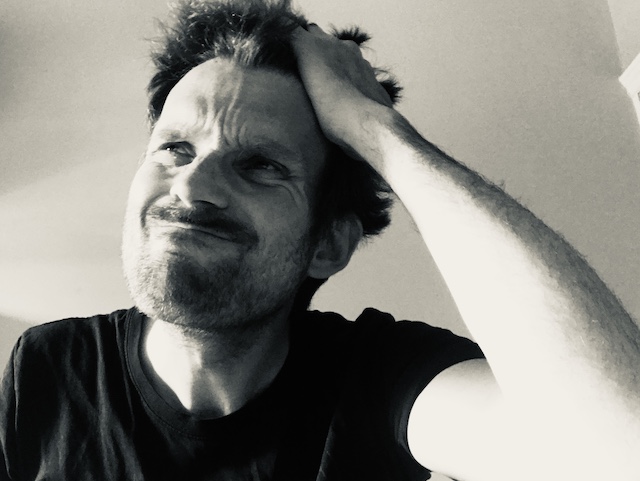There’s a gap between certainty and doubt, and that is being happy not knowing. In this gap is space for discovery, serendipity, delight and the opportunity to grow confidence that you have everything you need.
I see the ability to be happy not knowing as a keystone analogue skill that supports other analogue skills and behaviours. Not knowing the weather, what’s on at the cinema, what your friends are doing, the headlines, what’s on TV, the fastest way to get there. Once we can wean ourselves off this need for certainty, we can become less dependent on our devices and more confident in encountering the world as we find it.
From convenience to dependence
I see the development of the internet as story that has evolved from convenience to dependence. The great success of the internet has been to make much more information available to many more people. It is a success that is captured in Google’s mission statement: To organise the world’s information and to make it universally accessible to all. That information could be as trivial as cinema listings or as fundamental as news of injustice.
One of my followers on twitter recently shared with me a manual for an analogue altimeter. The manual had been uploaded to a website by an enthusiast with the aim of making this hard-to-find information freely available to other enthusiasts. For me this harks back to a golden age of information sharing, before such sharing had been monetised. Sharing information makes us collectively richer.
The value of sharing information
I am not arguing against the value of information sharing. What I am challenging is the relationship we as individuals have to this abundance of information. Through search engines we have the ability to ask any question we want and get some sort of answer. Once upon a time the search engine was on a desktop computer. Then it arrived in our pockets, and our wrists and now even ever-present in our homes and offices.
I have observed that with availability of information comes dependency. Whether it is with satnavs or bus times, messaging friends or checking the news, I see tools of convenience become tools of necessity. And this transformation is not by coincidence. What the big tech companies supplying the majority of these services fight over is our attention. And so it is only to be expected that their services are designed to keep us checking.
On the one hand, confidence grows through access to more information. But on the other, confidence to act without the support of information diminishes. This may sound like a fair exchange, but what is forgotten in this calculus is the loss of that state of not knowing.
Not knowing is countercultural
It seems countercultural to value not knowing. The enlightenment taught us that everything can be known. But a fully reducible, knowable world is a boring place. Delight is often associated with surprise. Creativity emerges from the unknown, and indeed is the business of making it known.
But aside from delight and creativity, I see other reasons to value an encounter with the unknown. Knowledge puts us in our head, but encountering the unknown puts us back in the world. It forces us to use our senses, to observe and see what clues we can work with.
And I think most importantly of all, I see not knowing as an opportunity to grow. To take the less easy path, to encounter adversity, experience it and learn from it. At the very least it will develop your resilience, at best it will show you something that you would never have thought to search for.
Writing this post today has reminded me a quote from Patrick Overton that I first saw on the footer of an email from my clowning teacher Robyn Hambrook.
“When you walk to the edge of all the light you have and take that first step into the darkness of the unknown, you must believe that one of two things will happen. There will be something solid for you to stand upon or you will be taught to fly.”
Patrick Overton
What is the Analogue Skills project?
The Analogue Skills Project is my attempt to gather together and keep safe less digital ways of doing things in case we need them again. My aim is to discover/redicover ways of being, feeling and acting that might serve us better.
Read more about the project here and check out my latest posts:

Leave a Reply